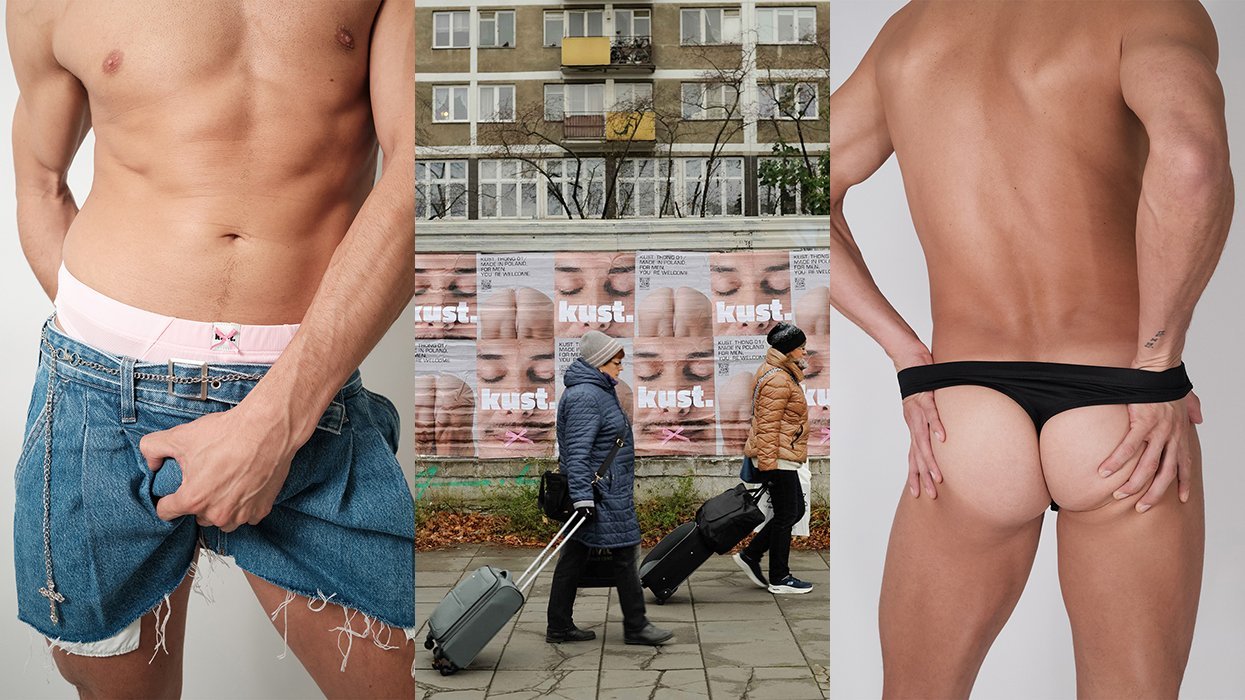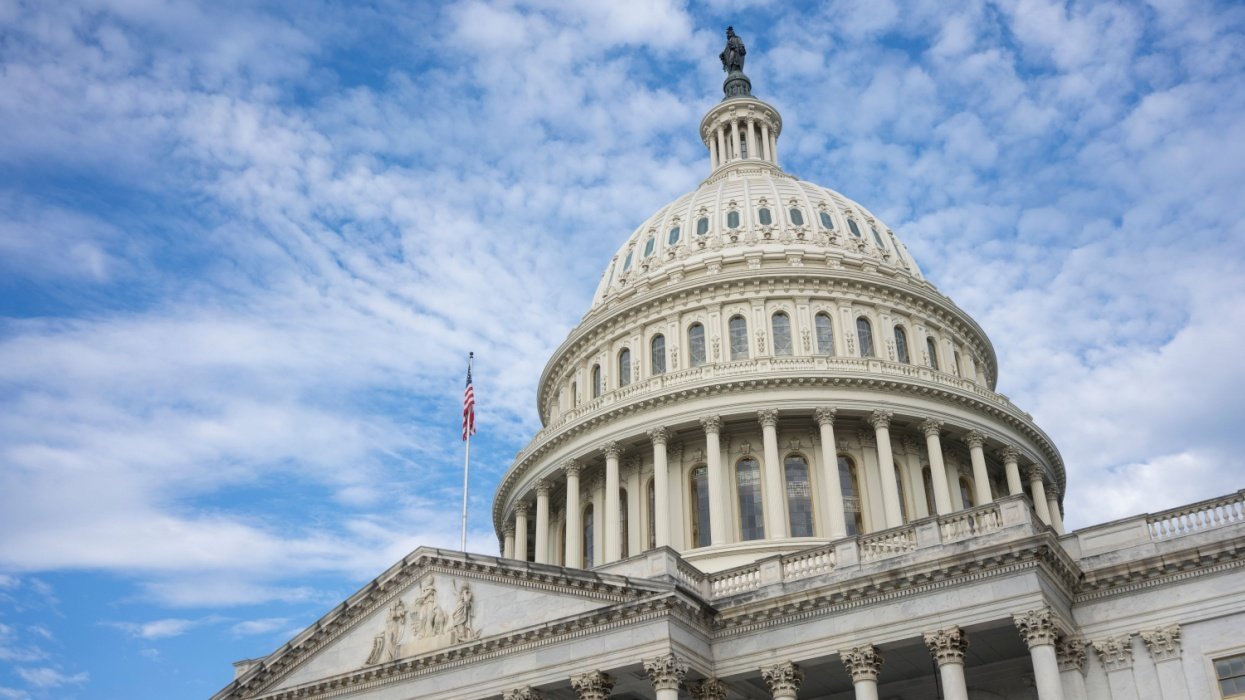Clearly the lesbian, gay, bisexual, and transgender movement's federal agenda for the next four years will be limited to fighting anti-LGBT legislation and radical judicial nominees. That is an important fight, but we must not allow ourselves to get stuck fighting negative legislation without also moving our agenda of LGBT equality forward.The 2004 election losses have resulted in one promising trend among the national LGBT leadership. At long last, our movement has begun to understand what state leaders have been saying for years: We cannot change minds in Congress without first changing minds in cities and towns nationwide.Who will do this work in the states? Each of our national LGBT groups does important work and has a role to play. But none are well-suited to work state by state securing the policy victories that improve the lives of people in our community.Fortunately, our movement has a strong and growing network of statewide advocacy groups who are doing this work: the Equality Federation. While money and media attention have been focused at the national level, statewide groups have been securing the vast majority of legislative victories for our movement. We have been doing it by working from the grassroots up, by building alliances and coalitions with non-LGBT groups, and by recognizing that the same message won't work in every corner of a state, much less in every state in the country. Together, Equality Federation organizations have more lobbyists on the ground than all the national organizations combined.Election coverage focused on the antigay constitutional amendments that passed in various states around the country. These losses are certainly disheartening and are a reason for analysis of how to do better in the future. But what both the national and queer press failed to report is that in 14 states, statewide advocacy groups successfully prevented passage of these amendments in their legislatures, keeping them off the ballot this fall. Half of those states are so-called red states.Stopping amendments legislatively is the smart way to go, and this is where Equality Federation organizations have the most experience to get the job done. To date, our community has yet to win when an anti-LGBT marriage amendment goes before voters statewide, but we do have a record of legislative success. Moreover, an effective legislative campaign costs a fraction of the millions it costs to run a statewide ballot campaign.Statewide organizations are also succeeding in advancing proactive legislation:* While the Employment Non-Discrimination Act has languished in Congress, 14 states and many localities have adopted employment nondiscrimination protections based on sexual orientation, protecting nearly half of the U.S. population from such discrimination. In addition, nearly a quarter of Americans live in areas that have passed a transgender-inclusive discrimination law.* While federal hate-crimes legislation has been stalled, 29 states have passed hate-crimes legislation that includes sexual orientation, seven of which include gender identity or expression.* More and more local governments and even states are passing some form of relationship recognition, from a domestic partner registry in Carrboro, N.C., to statewide recognition in Vermont and California.Even in conservative states, progress is being made through local policies and executive regulations. All of these victories have been made possible by the hard work of statewide advocacy groups.Most of them have achieved these successes--and advanced the national dialogue on our issues--with few or no staff members and on shoe-string budgets.Imagine what we could do if our statewide groups were adequately funded all across the country. Not only could we keep future anti-LGBT amendments off the ballot, we could build on the successful proactive agenda that our state groups have been advancing for years.We can expand on these successes, and in the process change hearts and minds all across the United States. Our movement cannot succeed by focusing its efforts solely on the national scene or by targeting only the bluest of the blue states to move us forward. The battle for African-American civil rights was not won by focusing just on the most progressive areas of the country; it was won in Greensboro and Birmingham and Topeka. That movement won because it fought injustice where it was hard to fight and the fight changed hearts, minds, and ultimately policy across the nation.The real battle is on the ground in every state and territory.Our national groups are each critical to our movement. We count on them to fight for us in an unfriendly Congress, to monitor and shape the national media, to conduct strategic research, to fight in the courts, and much more. But our movement cannot succeed if we invest all our hope and all our resources in federal work. As statewide organizers, we've learned time and again that a top-down, one-size-fits-all model of organizing doesn't work.We do need national communication and coordination, and as national attention has begun to focus on the states, statewide organizations and leaders have stepped up once again. We have already begun to expand Equality Federation from an informal national network into a powerful force for change. We have hired an executive director, Toni Broaddus, who will explore creative opportunities for funneling more resources to states and who will work with allies of state groups to maximize available resources. By combining the power of statewide LGBT organizations and the wisdom that comes from grassroots experience, Equality Federation will work to make sure our statewide groups get the attention and the resources they deserve and need to continue their work for full civil rights for every LGBT American in every state and territory.How can you help?1. If you don't already know your statewide organization, find it online at EqualityFederation.org.2. Get involved in your statewide group. Send an e-mail or make a phone call to your state legislators. State legislators pay more attention to constituents than federal officials. Attend a lobby day.3. Find out who your state and local elected officials are. Be the person in your district who puts a face to LGBT issues for your senator or representative. Your state group can help you do it.4. Invest in your state organization and in Equality Federation. Because state groups can achieve so much with so little, you'll appreciate the return on your investment.With strong statewide organizations, we can keep the movement moving forward in a time of grave threats at the federal level. And the grassroots network we build and the fair-minded Americans we reach with our message at the state level will help us address those threats at every level of government.Even under a Bush presidency, the next four years can be a time of progress for our movement if we invest in strong, smart organizing in every state.

















































































